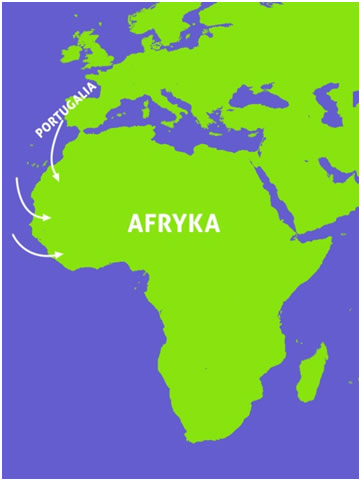
Under Obama, military and security engagement with Africa has expanded significantly, with the rapid growth of military personnel on the continent. AFRICOM, the U.S. command, has grown to 2,000 staff members assigned to Africa since its founding in 2007, under Bush, and up to 5,000 troops are conducting various missions on the continent at any given time.
The ramping up of counterterrorism operations, accelerated under Obama, is small compared with U.S. military engagement in other parts of the world. But many Africans have faulted the Obama administration for viewing the continent largely through the prism of national security, even as the president has tried this week to turn attention to trade, development and democracy.
“It’s really true that AFRICOM has been a key partner to a number of African countries,” said Ben Rhodes, Obama’s deputy national security adviser. But, he said, “the focus of AFRICOM has been on building African capacity, not on bringing U.S.-based military solutions to African problems.”
During Bush’s presidency, bin Laden’s success in helping to plan the 1998 bombings emboldened him to carry out the attacks of Sept. 11, 2001, leading Bush into the wars in Iraq and Afghanistan and a worldwide battle against terrorism. The threats posed by al-Qaeda and its affiliates in Africa have increased during Obama’s tenure, as the U.S. military winds down its presence in Afghanistan and ended combat operations in Iraq.
The continent is marked by weak governments, large ungoverned spaces and crippling poverty, ingredients that have allowed Islamist extremism to spread.
In 2009, Obama’s first year in office, the primary concern was Somalia’s al-Qaeda-linked al-Shabab militia. Today, the list of extremist groups includes al-Qaeda in the Islamic Maghreb, the terrorist network’s branch in West and North Africa, and Nigeria’s Boko Haram Islamist militia, as well as smaller extremist factions.
The Obama administration also has expanded U.S. military involvement in the hunt for Joseph Kony, the Ugandan warlord whose forces have kidnapped thousands of children, forcing them to fight or into sexual slavery. Last year, Kony was the subject of a massive American grass-roots activist campaign to raise awareness about his crimes and pressure the U.S. and African governments to try to capture him.


